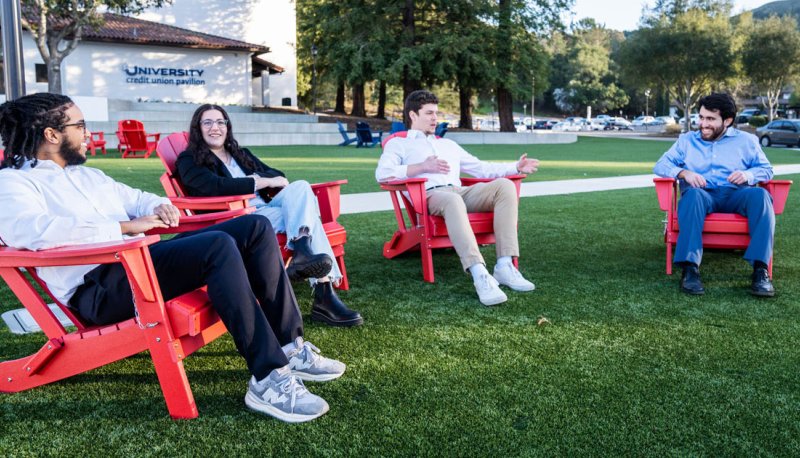
Project CLEAR Provides Coaching and Expert Support
The professional development we have described in the last four blogs has been proven over decades to impact student learning. From the first year of collaborating together in Project CLEAR, we have learned many lessons that will guide us moving forward. A strong theoretical base is the foundation of the project. At the heart of the work is highly effective instructional practices (Darling-Hammond, Hyler, Gardner, 2017). However, without coaching, the teachers’ transfer of learning to implementation in the instructional setting is limited (Joyce & Showers, 1996).
Essential to the preparation of coaches is the importance of coaching and expert support. We have data from many studies over the last two decades that consistently show that teachers who received coaching, especially early literacy teachers, had larger gains in student performance than those who weren’t coached. These data focused on coaching as the variable that made the difference (Powell, Diamond, Burchinal, & Koehler, 2010).
The coaching role in Project CLEAR is an essential factor, whether with one-on-one intervention, small groups, or classroom instruction. One common structure for providing expert support is one-on-one coaching in the context of a teacher’s own classroom in person or remote mentors using technology. Individuals with a variety of backgrounds can fill the role of the coach. In Project CLEAR, Teacher Leaders coach teachers, teachers coach peers, and teachers coach students. In the true sense of what coaching means, this supportive and constructive feedback occurs during the teaching at all levels. Teachers are guided to closely observe students' responses to instruction during teaching and learning interactions in order to adjust instruction in the moment.
Reflective practice is a central tenet of responsive teaching. Using technology, coaches visit teachers for an entire thirty-minute lesson, or sometimes two lessons. The visit typically lasts from an hour to an hour and a half. In-person visits do not occur as frequently due to travel considerations. In the Sierra Mountains or other rural locations, accommodations must be made for distance and weather challenges. To encourage easier access, coaches may need to meet virtually. Sometimes this occurs at the end of the school day when coaches and teachers view 10–15-minute video clips and debrief the lesson. The guided reflection supports teaching decision-making in these situations. Flexibility is key to the success of fostering a coach-teacher relationship.
We work in both English and Spanish in the Project CLEAR coaching model. We invite you to visit a class and watch both the teaching and the coaching in action. Classes are offered in- person and virtually across the state. Further information about Project CLEAR can be found here. Training is available for coaches and teachers who work in English and/or Spanish languages.
References:
Darling-Hammond, L., Hyler, M. E., Gardner, M. (2017). Effective Teacher Professional Development. Palo Alto, CA: Learning Policy Institute.
Powell, D. R., Diamond, K. E., Burchinal, M. R., & Koehler, M. J. (2010). Effects of an early literacy professional development intervention on Head Start teachers and children. Journal of
Educational Psychology, 102(2), 299–312.
Showers, B., & Joyce, B. (1996). The evolution of peer coaching. Educational Leadership, 53, 12–16